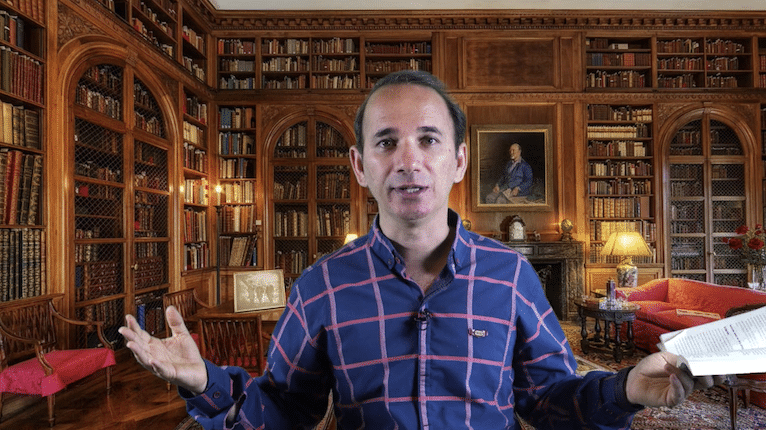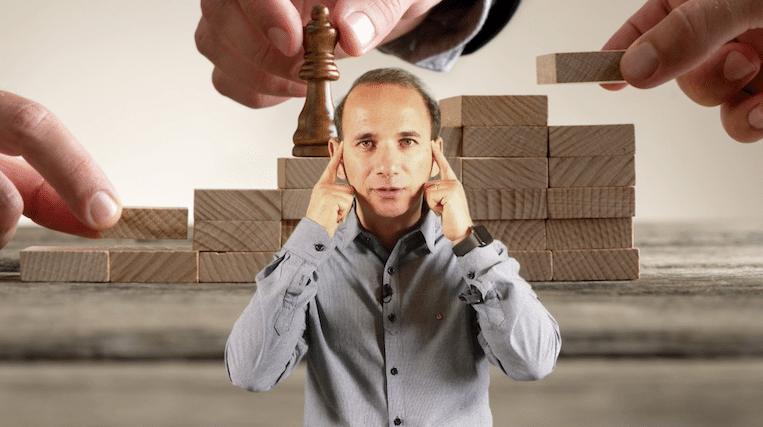Do you prefer talking to listening?
Do you consider yourself a good listener or a poor one?
Do you like to enhance your listening skills?
If your answer is yes to at least one of the questions above, I have good news for you. The good news is that in this article you will learn 10 ways to enhance your listening skills. Are you ready to learn these ten ways and apply them in your day to day interactions with people? Great!
Believe it or not, most of us like talking more than listening because we find it easier, because we have been schooled in speaking, reading, and writing but not much in listening. But remember we have been given two ears and one tongue, so we should listen twice as much as we talk!
I have a 4 year-old daughter named Delisha. Delisha knows exactly whether I am listening to her or not. When I am not, she comes closer to me, takes my head into her little hands, and makes me have eye contact with her while she is talking. So, when small children understand whether we are listening to them or not, how can’t our colleagues, employees, customers, supervisors, and friends recognize that?
Listening is one of the most important skills you can have. Effective listening is an art. It will help you understand another person’s thoughts, feelings and actions. When you listen to another person attentively and empathically, you will create a bond between the two of you, which will promote the relationship. Therefore, it is really important to improve our listening skills in order to be able to receive the maximum benefit from whoever talks to us no matter on which topic they talk about.
Following are ten ways that can help you become more effective listeners:
Control Your Mind
We think four times faster than we talk. That is why when someone is talking to us our mind may race ahead and as a result we get off track and lose our connection with the speaker. For instance when the speaker says “Mexico”, the listener may start thinking about Mexico and imagine himself or herself in Mexico or remember his/her experience related to Mexico without even listening to what the speaker wanted to say about Mexico.
In order to resolve this issue, you need to control your mind. When you find your mind racing during someone’s speech/talk, stop, pause, get on track, and relate your own experience with the speaker’s presentation. Although controlling your mind is not easy at the beginning, by practice you can gradually become better and better in following what the speaker is saying.
Be Patient and Concentrate
To become more effective in listening you need to be patient and concentrate on what the other person is saying. Don’t try to finish the other person’s sentence or come to conclusion without listening patiently to the whole story. To concentrate on what the other person is saying, don’t attempt to listen to other things at the same time. Also don’t do other things (e.g. working with computer, watching TV, reading book) while listening to the speaker.
Show that You Are Listening
Leaning forward, having facial expressions, making eye contact, and nodding your head are among the most effective ways to show the speaker that you are listening to him/her. When you show that you are listening, the speaker will connect with you better and he/she will also listen to you effectively when it is your turn to talk.
Don’t Make Assumptions
We normally tend to make assumptions when we hear somebody talk. We may say things like “I’ve heard him before”, “he doesn’t have anything new to say”, “she is always boring”, etc. are assumptions that we make when someone wants to talk to us and as a result we choose not to listen to them effectively. By making no assumptions, we would welcome the speaker and be able to listen to him/her more effectively and openly.
Learn Something
When you choose to learn something from anyone whom you listen to, you condition your mind to focus and search for something to learn. We all can learn at least one point from anyone’s speech if we want to.
Act as an Evaluator
When we want to evaluate someone’s talk, we tend to listen more attentively in order to notice the positive points as well as the points for improvement. Therefore, when you listen to someone act as an evaluator.
Take Notes
Taking notes while listening to someone is also one of the effective ways to show your interest in the speaker. Just remember to still make eye contact with the speaker occasionally so that they know that you are actually paying attention to what they are saying.
Reduce Noise and Distractions
Many times distractions such as noisy conditions, someone passing by, music playing in the background, TV on, etc. impact the efficiency of our listening. As such, we may not be able understand what exactly the other person is saying. By reducing noise and distractions we can become more present and listen more effectively to the speaker.
Paraphrase What You Hear
By paraphrasing what you hear, you make sure that you have understood what you have heard. You also show that you have interest in what the speaker is sharing with you.
Don’t Interrupt
Since we think faster than we talk, many times we tend to interrupt the speaker in order to make our point or tell them what we think before we forget that. Interrupting someone who is talking to you means that you are not actually listening to them. By letting the speakers finish what they have to say you show your respect toward them.
In sum, a key to good listening is not only hearing, but also understanding what you have heard. Good listening requires as much energy as does speaking. As a Chinese proverb says, “To listen well, is as powerful a means of influence as to talk well, and is as essential to all true conversation”. So by actively and effectively listening to others tell them that you care.
Happy Listening!
Kamran Akbarzadeh, Ph.D., CDC
Founder of Dream Achievers Academy
www.dreamachieversacademy.com

















